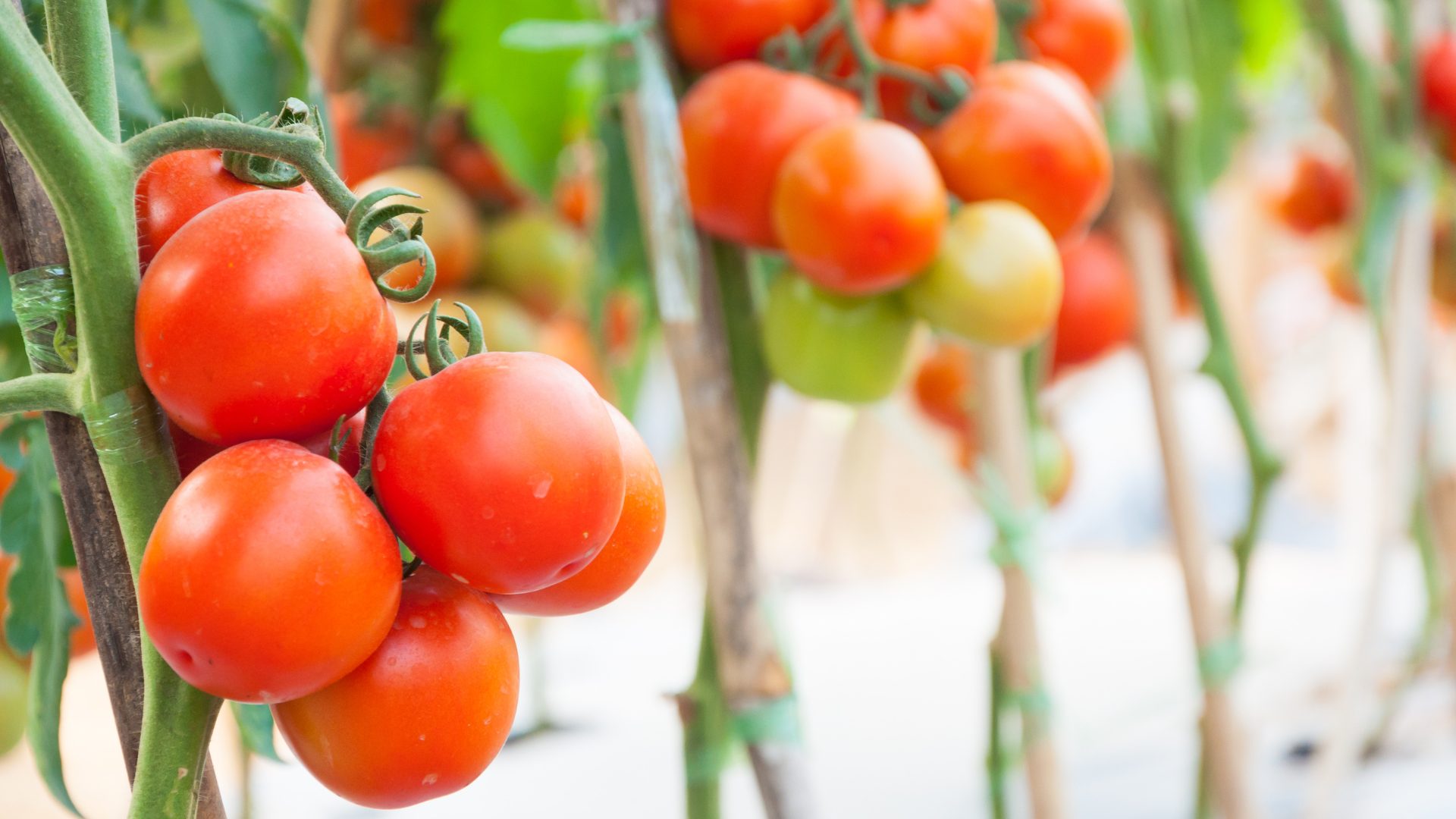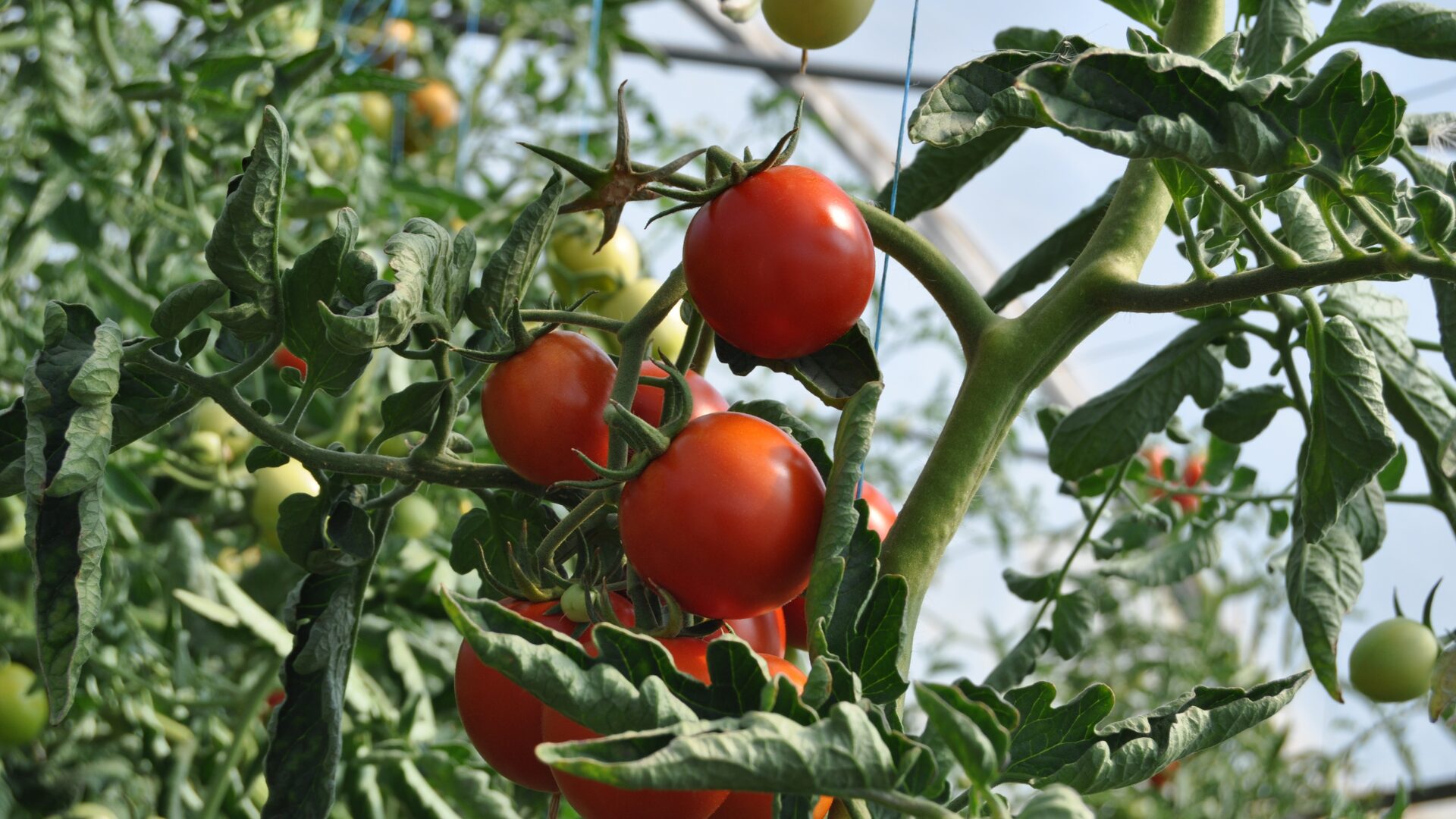Tomato importers are warning the Trump administration’s decision to end the 2019 Tomato Suspension Agreement with Mexico would lead to supply chain issues and product availability, but domestic growers are hailing the anti-dumping move.
The action in mid-July resulted in a 17.09% tariff on Mexican tomatoes. In 2024, the U.S. imported $3.12 billion in fresh tomatoes from Mexico, FreightWaves reported. The suspension agreement was signed during the first Trump administration, but the Commerce Department said earlier this year it had failed to protect U.S. growers.
The agreement set minimum prices for imported tomatoes to protect domestic growers. It’s estimated the tariff will raise prices 8 cents per pound.
The White House compiled a series of statements from growers and sellers across the country, who say they’re seeing much more interest in domestically grown produce.
Chad Smith of Smith Tomato Farm in Steele, Alabama, said he’s received “a lot more calls” from people who want to do business even though his prices haven’t changed.
“It’s a win-win for the community and us. Having tariffs on imported goods gives us a more level playing field,” said Sam Newell of Fruit Fair in Chicopee, Massachusetts.
The U.S. Chamber of Commerce, however, urged the administration to rethink the action. The Chamber sent a letter to Commerce Secretary Howard Lutnick noting that Mexican imports make up 90% of the U.S. tomato supply, adding that there is no reason the agreement cannot be updated rather than suspended.
“Terminating the agreement would likely have widespread repercussions on the U.S. economy, affecting agriculture, warehousing, logistics, grocery and restaurant industries,” the chamber warned. “Nationwide, the import and sale of Mexican tomatoes generate an estimated $8.3 billion in economic benefits, including $4.69 billion in indirect and induced effects. U.S.-owned companies employ nearly 50,000 workers in jobs directly and indirectly supporting the movement of tomatoes from Mexico into communities across the country.”
Meanwhile, in Other Agriculture News:
Mango season: Forget cash and credit cards: Some Miami restaurants are allowing patrons to pay with mangos. Three Bodega Taqueria y Tequila eateries and soft-serve ice cream store Peel are participating in “Bring Your Own Mango” promotions.
“Mangoes are in peak season and such a vibrant part of Miami’s Latin culture, so we thought, why not celebrate that?” Felix Martinez, Bodega’s senior general manager, told Fox News Digital. The promotion, for which patrons receive a free Mango Tango cocktail, extends through August. At Peel, ice cream lovers get a free nondairy dessert for 5 pounds of the tropical fruit.
Bird flu: An investigation by Farm Forward alleges the federal government has committed a number of missteps in combatting the H5N1 bird flu outbreak that devastated the egg and chicken industry and extended the length and severity of the outbreak, which began in 2020. “Federal agencies are neglecting the threat of bird flu and deliberately sidestepping common-sense solutions because of industry pressure,” investigators wrote.
Investigators also allege the current administration’s staff and budget cuts have curtailed research and testing for effective vaccines to protect animals and humans. And because testing of dairy products has been suspended, there is no way to track its spread to larger animals.
The Food Institute Podcast
It’s a big world out there – what trends are percolating on the global scene? JP Hartmann, director of Anuga, joined The Food Institute Podcast to discuss the intersection of U.S. and international trends and how the Anuga show is one not to miss.






